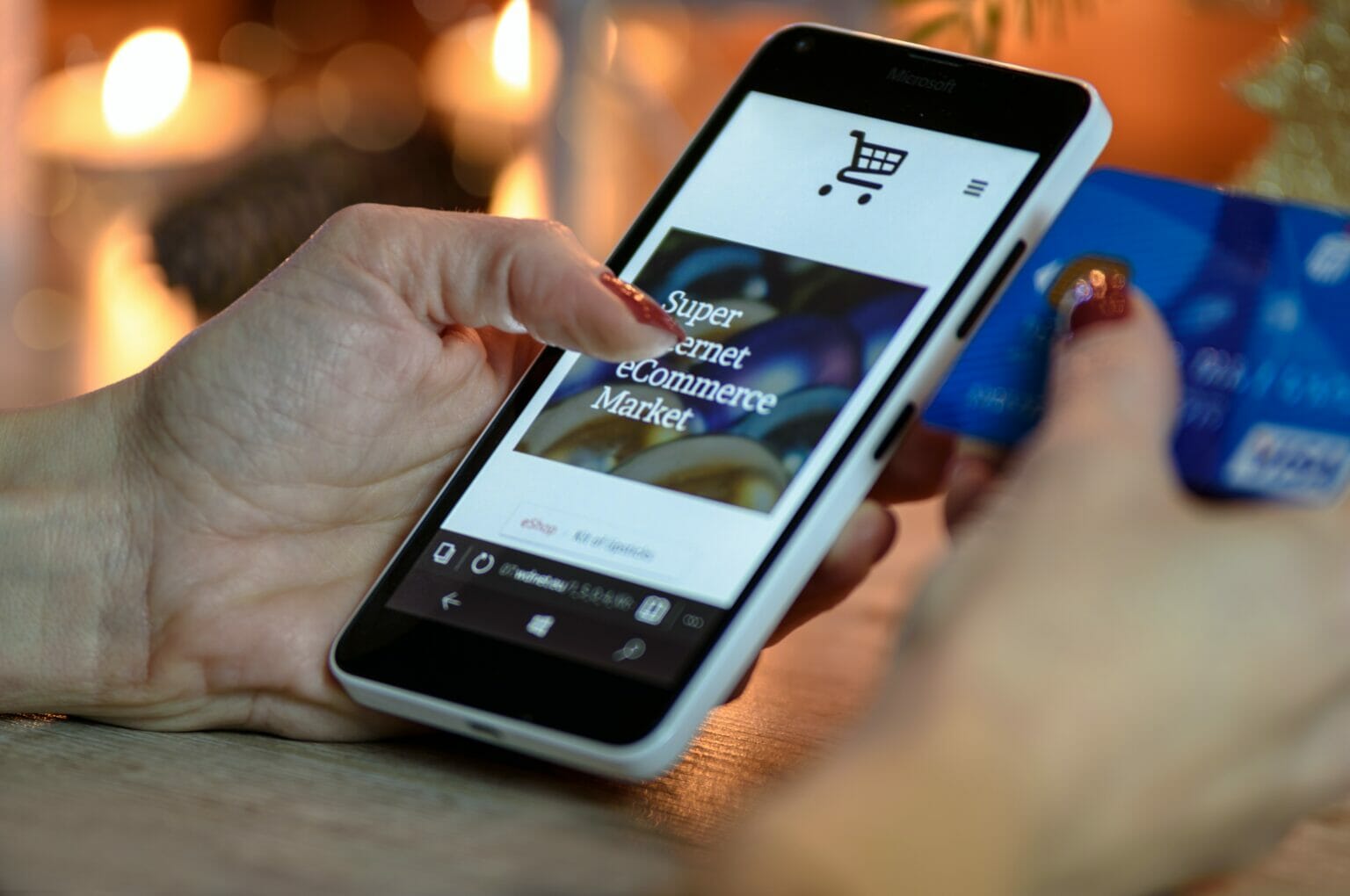The competition in the online payments landscape is heating up as Elon Musk’s “X” takes on the behemoth PayPal. With Twitter’s transformation into “X,” the financial world is abuzz with speculation about its potential to become the “WeChat of the West.” In this post, we delve into the dynamics of the “X vs. PayPal” battle and how it could reshape the online payments industry.
Understanding the Dynamics
The rebranding of Twitter to “X” comes with a vision to morph into a super app akin to China’s WeChat. Linda Yaccarino, the new CEO, shares Musk’s vision of centralizing features around banking and payment services, creating a global marketplace for ideas, goods, services, and opportunities powered by AI.
X’s transition into the financial realm involves obtaining the necessary licenses and developing robust software for banking and payments. They are actively pursuing payment licenses within the U.S. and laying the groundwork for their financial aspirations.
However, it’s important to note that X’s banking vision encompasses features like peer-to-peer payments, savings accounts, and debit cards—services already offered by many American financial institutions. While this may not resonate strongly with the U.S. audience, the international market tells a different story.

Global Market Potential
In the “X vs. PayPal” debate, the game shifts when considering global markets. In the United States, established financial systems and credit cards are prevalent, making it a challenging market for newcomers. However, internationally, PayPal holds a dominant position, especially for cross-border peer-to-peer transactions.
X’s foray into the financial ecosystem positions it in a competitive arena, but its potential lies in targeting international markets. Mobile payments are already preferred in many yet-to-be-explored regions across Africa and Asia. X could emulate WeChat’s strategy by capitalizing on unbanked populations and facilitating app-based transactions in developing regions.
To rival PayPal, X must have a strong strategy. Integrating X into platforms like Amazon, where PayPal and debit cards are commonly used, could simplify transactions for global vendors. By establishing local collaborations for payments and cash withdrawals, X can ensure seamless transfers to regional banks.
The Potential Advantage
One advantage in the “X vs. PayPal” competition is X’s millions-strong active user base. Many PayPal users might be seeking alternatives, which could smooth the path toward X’s global financial ambitions.
In the “X vs. PayPal” discourse, both platforms have roughly equivalent active user counts. Elon Musk’s venture into a territory once dominated by PayPal could disrupt the status quo and pose substantial challenges to the online payments giant. While X faces an uphill battle in the U.S., its potential lies in capturing international markets and providing alternatives to PayPal, particularly in regions where mobile payments are on the rise. The competition promises to be fierce, and only time will reveal the true victor in this evolving landscape.
